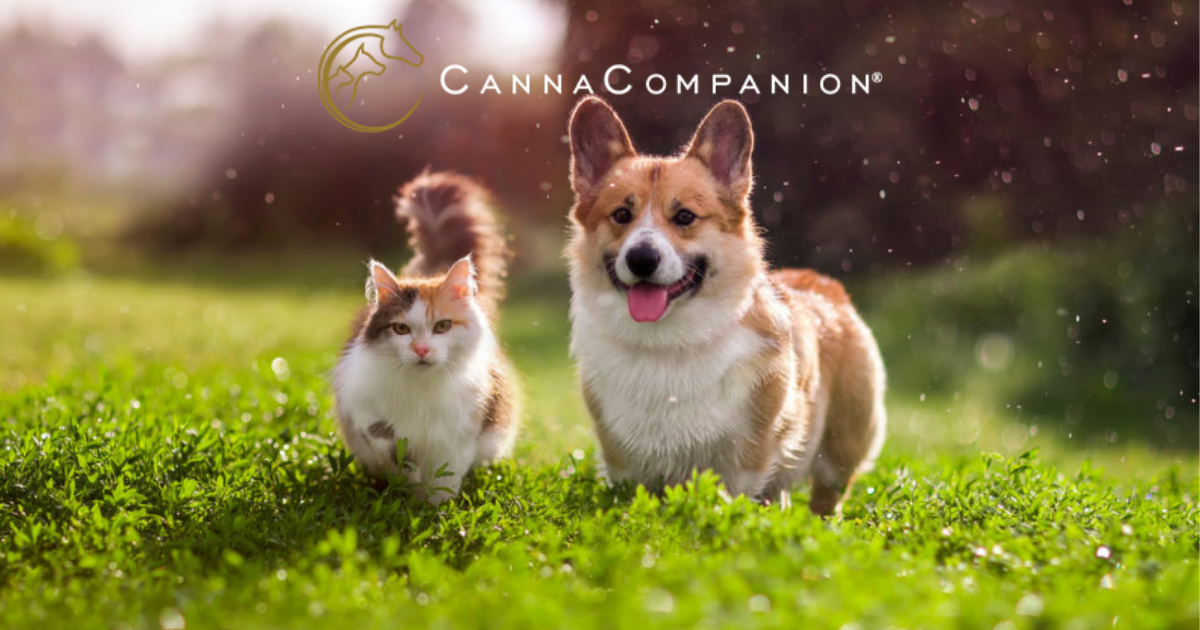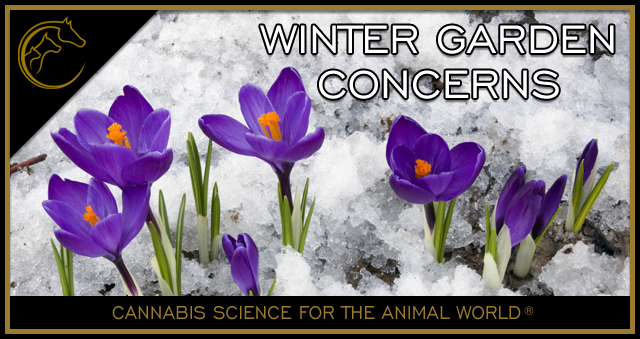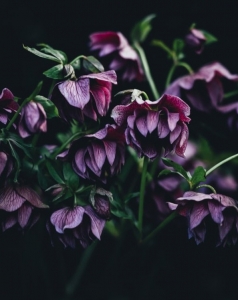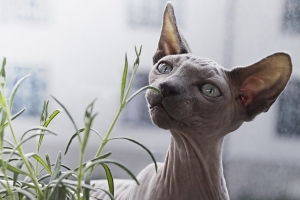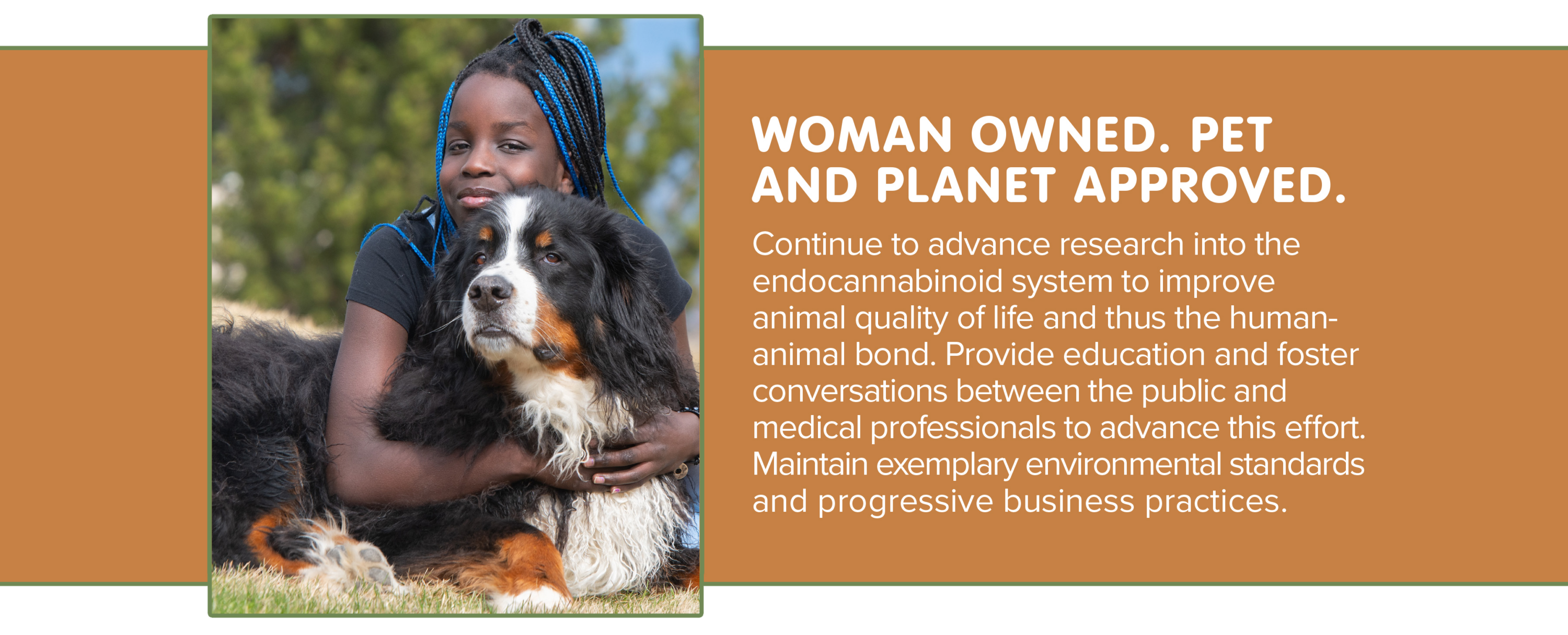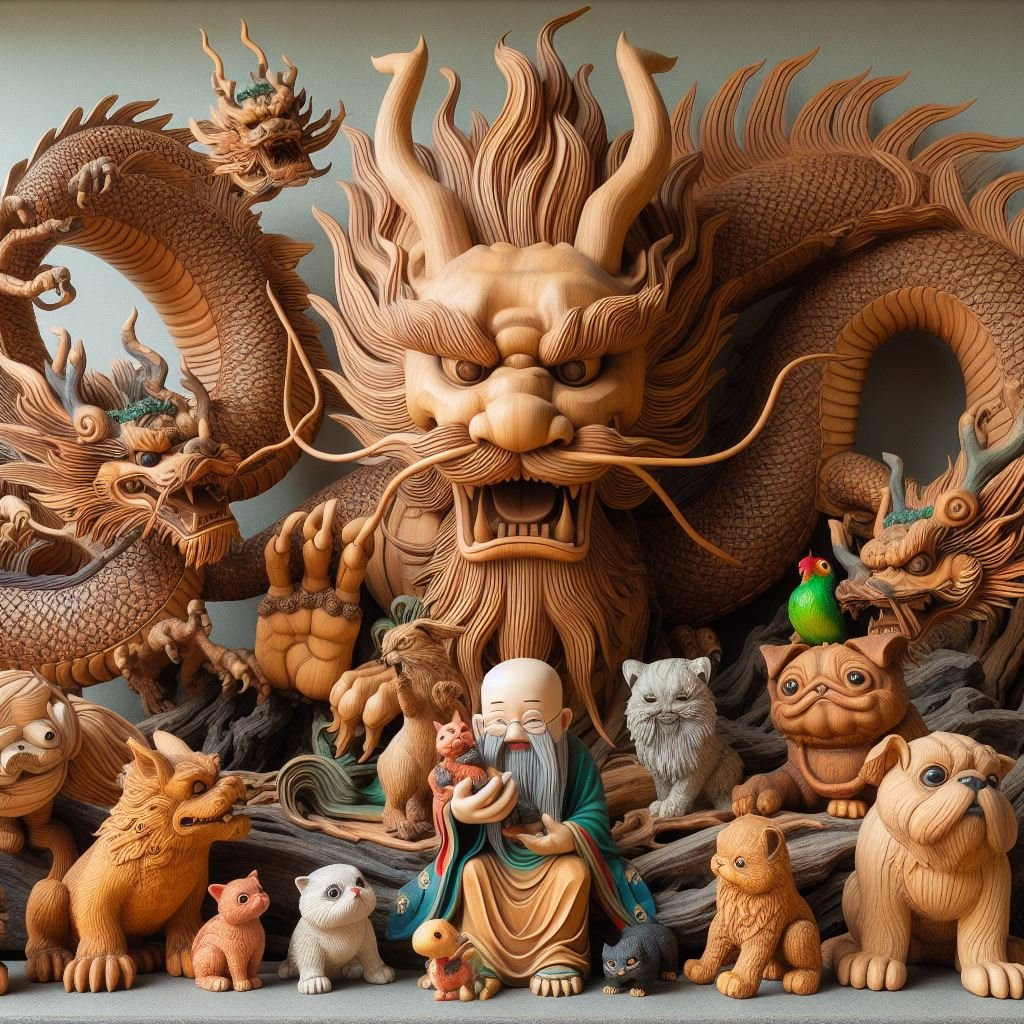Winter Garden Concerns
Many people don’t think of winter as a time for gardening, but there is plenty of yard work that gets done and plenty of plants that grow well or get planted during those months. A number of these can be hazardous to your pets and it’s important to be sure that you’re checking what they have access to. Additionally, people have a lot of holiday related plants in their homes at this time of year, and there are concerns among those as well.
Outdoor Winter Plants
The most common things people grow in a winter vegetable garden are leafy greens and plants in the allium family. Most greens are safe or will cause, at most, mild GI upset. Allium family plants, like onions, shallots, garlic, and leeks, are toxic and should be kept out of reach of both dogs and cats. Here are three leafy favorites dogs and cats can both commune with: spinach, lettuce & parsley.
Flowering plants can also post a problem. Hellebores are lovely and commonly found in bloom during winter, though pets should not have access to them. Other winter bloomers to look out for include aconite (monkshood), clematis, and boxwood. Aconitine is an alkaloid found within monkshood roots, and quite common as Chinese medical ingredient, though is only used after specific processing designed to minimize to toxic principle. Lastly, the bulbs of showy bloomers are often planted this time of year, and there are a number we need to keep diggers away from: iris, crocus, daffodils, and snowdrops. These are only toxic when ingested, and can cause a wide variety of ailments from mild (drooling and vomiting) to severe (seizures and death), so consider pet proofing bulb garden beds.
Indoor Winter Plants
If you are growing in a greenhouse, keep in mind some of the most popular tasty treats for humans, like tomatoes , have toxic principles in their leaves and are best kept away from your pets. Instead, grow pet friendly herbs like catnip, basil, cilantro, rosemary (consider avoiding if you have a pet with seizures), and lavender. Or keep it simple and grow whatever you like, just keep the door locked so curious paws cannot gain entry.
Decorative and seasonal gift plants typically contain some form of toxic principle. As previously mentioned, daffodils and amaryllis are toxic, though unlikely to cause serious harm. However, lilies can be found in many houses at Christmas and even a tiny amount can be deadly to a cat. Poinsettia generally causes mild GI upset, but holly and mistletoe are both far more dangerous, so hang the mistletoe with care and leave holly berries outside and away from pets.
 And then, of course, we have the beloved Christmas tree. Fallen needles pose at best an oral irritant, and at worst a trip to the doctor for emergency surgery as needles can perforate the intestines. Vacuum regularly or consider a medium sized artificial tree.
And then, of course, we have the beloved Christmas tree. Fallen needles pose at best an oral irritant, and at worst a trip to the doctor for emergency surgery as needles can perforate the intestines. Vacuum regularly or consider a medium sized artificial tree.
In addition to the needles, live trees need water which is toxic, so consider this tip if your family owns a tree farm:
- Cut a slit into the middle of a plastic lid large enough to cover the opening;
- Cut out a circle in the middle of the lid about the size of the tree trunk;
- Slip this around the tree trunk and lower it so it covers the water container.
- You may have to tape it down to keep the pets out.
Make sure you are familiar with your closest emergency vet, just in case, and if your cat ingests any part of a lily, please go immediately. If your pet gets into any of the other above plants, bulbs, or vegetables, please call your veterinarian for further advice. It is generally best to keep all indoor plant decor in areas that pets cannot access, or make sure you grow a pet friendly garden you all can enjoy.
